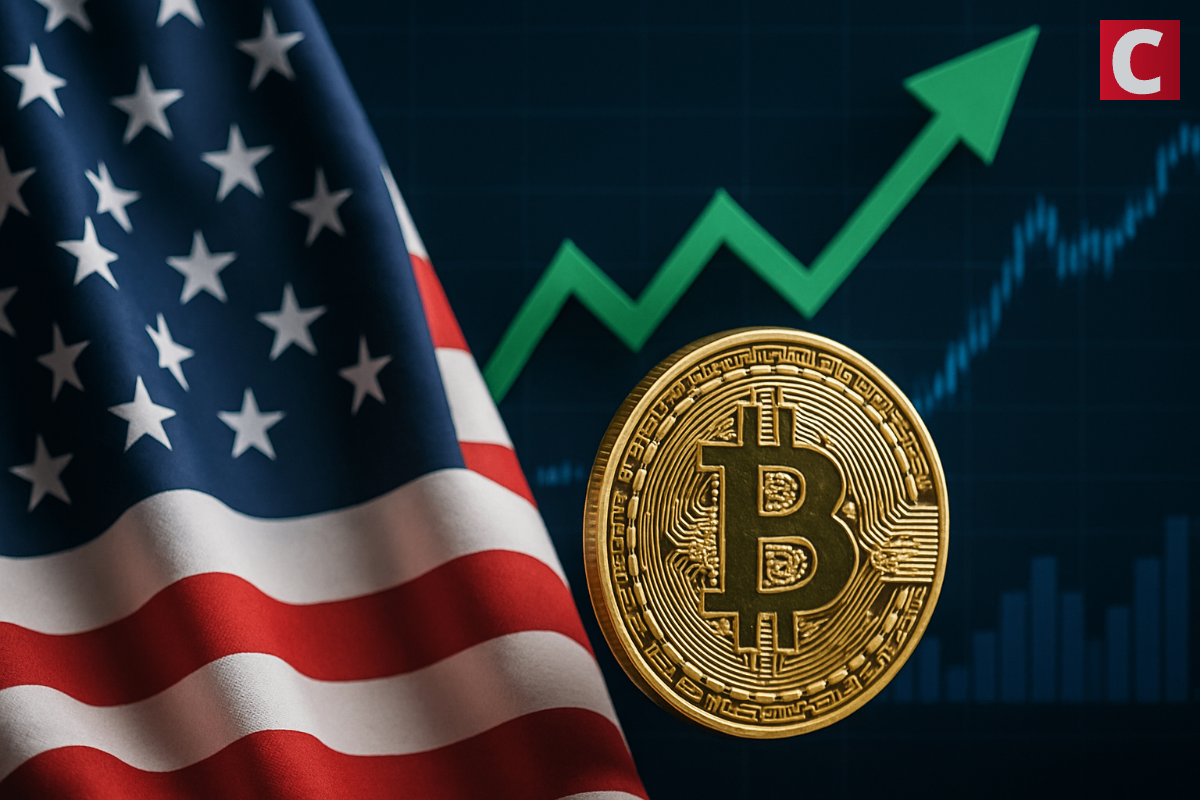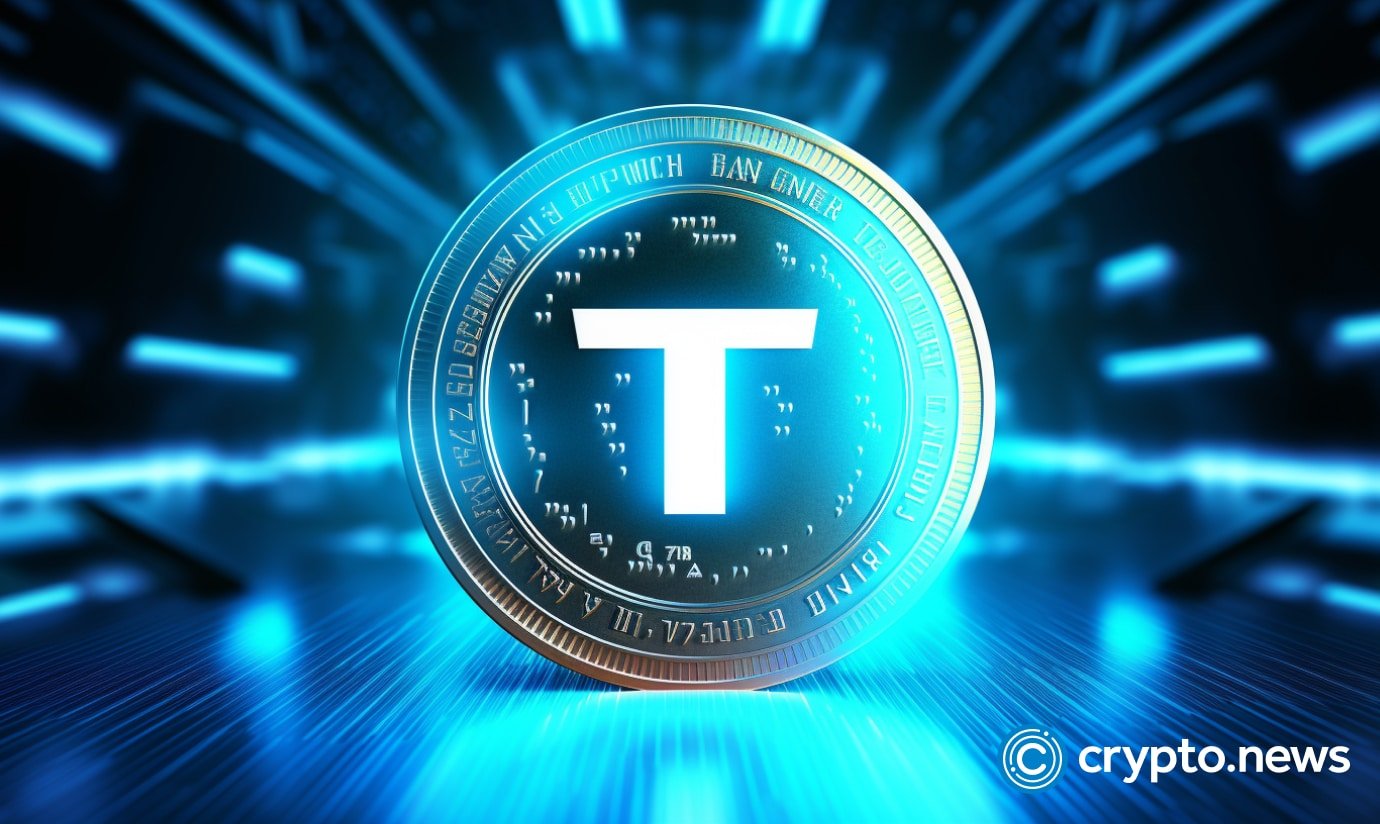Kazakhstan has unfurled ambitions to become Central Asia’s digital asset hub, but the country faces a slew of challenges that stand in the way of its goals.
Kazakhstan’s first Vice Minister for Digital Development, Kanysh Tuleushin, shared plans for the incoming digital transformation, noting that it is a top priority for the government. In an interview with local news outlet Kazakhstan Pravda, Tuleushin revealed that the short-term goal for the country is regional dominance.
He mentioned that the quickest way for Kazakhstan to meet its targets is to implement sweeping policy changes across the board. The minister noted that lifting all trading restrictions across the country is the first step toward transforming into a digital asset hub.
“If all restrictions were lifted and digital asset trading were allowed across Kazakhstan, the impact could be significant,” said Tuleushin. “Kazakhstan might become Central Asia’s crypto hub.”
Apart from lifting existing digital trading restrictions, the minister advocates for additional regulations to protect and attract digital asset service providers. He noted that clear licensing and tax rules will lure global firms to the country.
A key part of the plan involves creating a haven for miners. In his interview, he argues that digital asset miners can “modernize” the energy sector by utilizing excess supply in their operations.
The minister reveals a 70/30 energy-sharing initiative involving foreign investors funding the construction and upgrades of power grids. Despite the staccato approach toward mining, digital asset miners have generated over $7 million in taxes yearly since 2022.
While the country is in the process of becoming a digital asset hub, Tuleushin reveals that consumer protection is at the top of the pile for Kazakhstan, saying that authorities will pursue consumer protection laws while heightening enforcement actions against unregistered digital asset platforms.
Even before Tuleushin remarked all these, Kazakhstan had taken preliminary steps to improve the state of its digital assets by rolling out Web3 education initiatives and exploring the possibilities of a national digital asset bank.
Elsewhere, Thailand has revealed ambitious plans for the rollout of tokenized government bonds for retail investors in a push toward digitizing its financial landscape. Thai Finance Minister Pichai Chunhavajira revealed that the plan has received Cabinet approval and will proceed toward launch.
These tokenized bonds, dubbed G-Token, will be used to raise funds under the 2025 budget borrowing agenda. However, an official from the Public Debt Management Office clarified that these tokens are not debt instruments but “digital investment tokens.”
The tokens differ from traditional government bonds in several ways, with the designation for retail investors being the most significant difference. Prior to the announcement, Thailand’s retail investors had stood on the sidelines while institutional investors enjoyed the largest slice of bond offerings.
“One big selling point of the token is that it allows more retail investors to become part of the digital economy,” said an official from the Ministry of Finance.
To underscore the bond’s democratization, authorities say the G-Token will be available on registered digital asset exchanges in Thailand. Despite not being classified as debt instruments, the Finance Ministry says retail investors will earn higher returns from the bonds than rates offered by traditional banking institutions.
Although the minister did not name a figure, market experts are predicting returns of up to 4%, nearly double the typical rates financial institutions offer. However, the official notes that the first token mint is largely experimental, and details of yield will become clearer in the coming weeks.
This is not the first time Thai authorities have dabbled with blockchain for the financial ecosystem. In February, the Securities and Exchange Commission (SEC) unveiled its intention to launch a tokenized securities trading system to reduce traditional inefficiencies and steep fees.
Data from RWA.xyz shows that the market for tokenized government bonds currently sits at $225 million and shows no signs of slowing down. A close look at the data reveals that on-chain value has nearly tripled since Q4 of 2024, but privately issued digital bonds are through the roof.
According to recent data, the value of privately issued digital bonds has surged by 260% over the last year to surpass a valuation of $4 billion. At the start of the week, Germany-based KfW joined the growing cohort with a $11 million investment in digital bonds in a show of rising institutional interest.
Watch | From BRICS to blockchain: How global trade and digital currencies are evolving
















 English (US) ·
English (US) ·